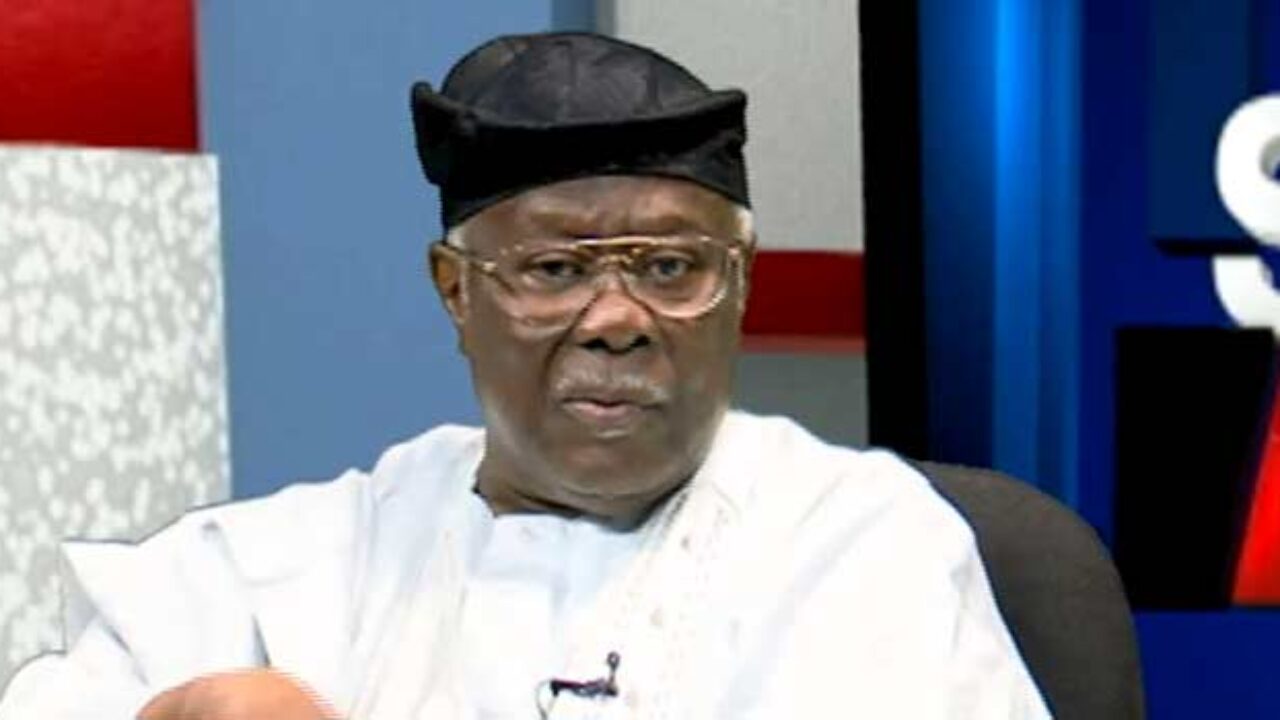Nigeria-Korea Business Forum: Nigeria vows to partner with Korea for sustainable development

According to Nigerian officials speaking at the Nigeria-Korea Business Forum on Wednesday at the Ambassador Hotel in Seoul, Nigeria will seek closer collaboration with Korea on sustainable development.
The forum sought to improve Nigeria-network Korea’s capabilities and discuss a variety of business ideas and solutions for industries like tourism, culture, the creative sector, manufacturing and ICT, oil and gas, and agriculture in order to connect with investors and influential leaders.
The Nigerian embassy in Seoul states that the Forum is a component of Nigeria’s 62nd National Day celebrations.
The Nigerian ambassador to Korea, Ali Magashi, spoke at the forum’s opening ceremony and noted that Nigeria and South Korea’s bilateral trade volume had reached over $1.5 billion as of June 2022, making Nigeria South Korea’s largest trading partner on the continent of Africa.
READ ALSO: Nigeria-Korea Business Forum kicks off tomorrow
According to Magashi, orders placed with Korean construction firms would total $15 billion in 2020, making Nigeria the largest Sub-Saharan African nation for South Korean firms in terms of building markets.
According to Magashi, “Korean companies are now constructing Liquefied Natural Gas (LNG) plants, crude oil transportation and storage facilities in Nigeria.
However, Magashi emphasized that trade between Korea and Africa, a continent with a population of over one billion, only makes about 2% of South Korea’s total international trade.
Following COVID-19, Nigeria presents substantial potential for Korean investment as well as space for improvement.
Magashi advised Korean businesses to take use of Nigeria’s vast undiscovered reserves of solid minerals like lithium, nickel, cobalt, and coal, which may be used to produce urea.
He emphasized the requirement to use urea as an additive to lessen emissions deposits in diesel vehicles in order to reduce the scarcity.
He asserted that Korean investment in Nigeria’s extractive sectors would be advantageous to both nations.










